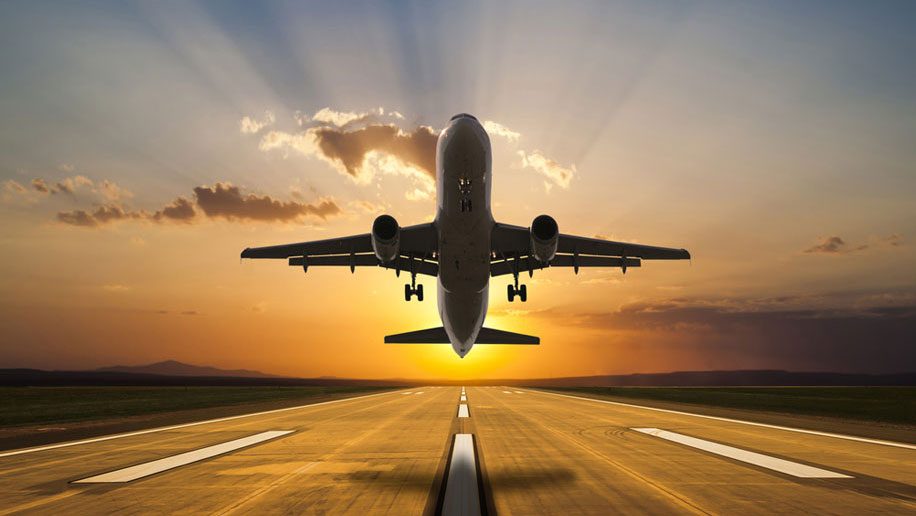
The World Travel and Tourism Council (WTTC) has warned that almost £27 billion will be lost from the UK economy if the government delays the restart of international travel until May 17.
Prime Minister Boris Johnson set the mid-May date for the revival of international travel in the government’s roadmap out of lockdown last week.
The WTTC believes that the restart of international travel should occur seven weeks earlier with the easing of restrictions on March 29, when two households can mix outdoors. This would coincide with the Easter holidays and provide support for struggling travel and tourism businesses.
The global body also calls upon the Prime Minister to give greater clarity on the changes from May 17 in order to help businesses prepare for the restart and boost confidence in international travel.
According to the WTTC, the global travel and tourism private sector provides £200 billion annually to the UK economy and is responsible for almost four million jobs. The global body states that the seven-week delay would contribute to a loss of £27 billion, which “represents a damaging daily drain to the UK economy of more than £550 million”.
The WTTC has welcomed the vaccine rollout, but argued that international travel can safely resume with a coordinated international testing regime for both departing and arriving travellers alongside mask-wearing, enhanced health and hygiene protocols, and digital health passes. The WTTC states:
“These measures should render unhelpful and counterproductive blanket quarantines completely unnecessary and remove the need for haphazard and confusing air corridors, which further saps the confidence to travel”.
Gloria Guevara, WTTC President and CEO, commented:
“While the UK government’s announcement that international travel could resume on May 17 gives us grounds for optimism, it will come as cold comfort to struggling SMEs and Travel and Tourism businesses up and down the country.
“Our economic modelling shows the brutal impact the £27 billion loss could have, caused by delaying the restart of international travel by just seven weeks.
“It would be far less economically damaging to invest in testing and biometric technology which could safely reopen the doors to travel and save the millions of jobs at risk.”
On the subject of digital health passports, she added:
“We have to guard against vaccines as a requirement to travel which would discriminate against less advanced countries and younger travellers, or those who simply can’t or choose not to be vaccinated.”
At the start of this week, the European Commission announced that it will propose a “digital green pass” this month in order to revive international travel ahead of the summer.












